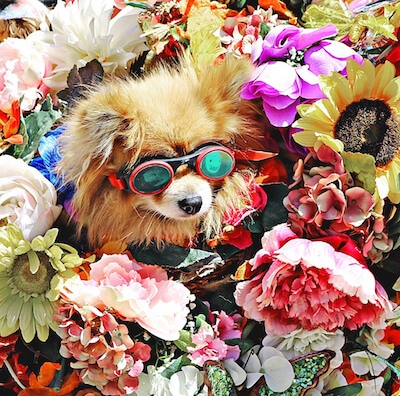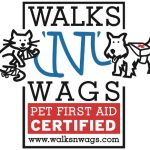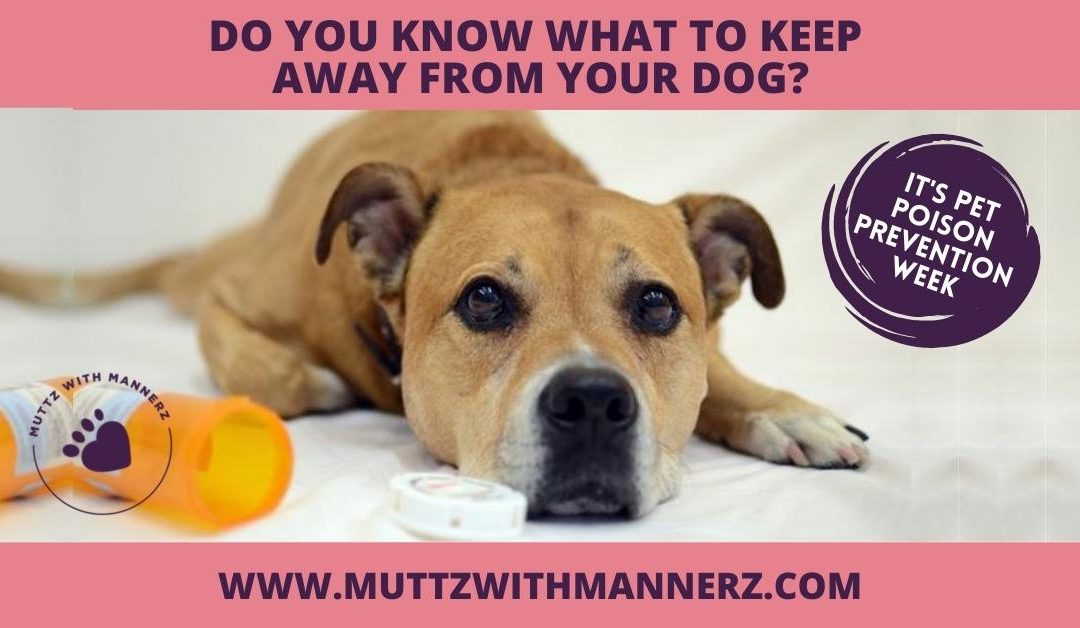It’s Pet Poison Prevention Week…
do you know what to keep away from your dogs?
Our pets are important to us and as caring and responsible pet owners we are always looking out for their welfare. Poison prevention is critical to our dog’s health and it’s an important time to learn about some common ways to ensure our dogs have safe and happy lives. So what are our top things to keep away from our pets and avoid accidental poisoning?
- Over the Counter Medications: This include such common products as: acetaminophen (Tylenol), ibuprofen and naproxen (Advil, Aleve), as well as herbal and nutraceutical products.
- Prescription Medications for People: Just because a medication can help an ailment in humans does not mean that it will have the same effect on our dogs. Examples of harmful medications are anti-inflammatory and pain medications, antidepressants and blood pressure medications.
- People Foods: There are a number of people foods: Chocolate, Caffeine, Alcohol, Macadamia nuts, Grapes and raisins, Onions and garlic, Xylitol –( this is a common sweetener found in many food products, check all labels).
- Veterinary products: The most common of these being flea and tick treatments. Please check with your veterinarian before using any of these products.
- Household products: Just like many household cleaners can poison people if ingested, they are also a leading cause of pet poisoning. In addition chemicals contained in antifreeze, paint thinner, and chemicals for pools also can act as dog poison.
- Rodenticides: Unfortunately, many baits used to lure and kill rodents can also be appetizing to our dogs. For some dogs eating the poisoned rodent can also lead to poisoning.

- Insecticides: Items such as bug sprays and ant baits can be easy for your pet to get into and as dangerous for your pet as they are to the insects.
- Plants: They may be pretty, but plants aren’t necessarily pet friendly. Some of the more toxic plants to dogs include: Aconitum, Amaryllis bulbs, Asparagus fern, Azalea, Cyclamen, Daffodil bulbs, Day lilies, Delphiniums, Foxgloves, Hemlock, Hyacinth, Hydrangea, Ivy, Laburnum, Lily of the valley, Lupins, Morning glory, Nightshade, Oleander, Rhododendron, Rhubarb leaves, Sweet Pea, Tulip bulbs, Umbrella plant, Wisteria and Yew
- Lawn and garden products: Products for your lawn and garden may be poisonous to pets that ingest them.
Symptoms of Toxicity
With some poisons, you may have a reaction within minutes of ingestion. With other poisons, such as certain rat poisons, it may take several days before you notice any symptoms. Here are some toxicity symptoms:
- Vomiting
- Loss of appetite
- Diarrhea
- Lethargy or weakness
- Pale or yellowish gums
- Excessive thirst or urination
- Nervousness, hyperactivity, muscle tremors or coma
Taken from this link https://www.akc.org/expert-advice/vets-corner/dogs-and-poison/
What should you do if you suspect your dog has been poisoned?
- Just like in humans if you suspect that you dog has been poisoned it is very important that you try to stay calm but act quickly.
- Gather up any of the foods or products that you think your dog may have ingested so that you can show your veterinarian, this will help speed up their diagnosis
- Call your veterinarian or local emergency veterinary clinic.
- If you do not have some available to you there are experts on call at the ASPCA Animal Poison Control Center (APCC) at (888) 426-4435. They can assist you (there is a consultation fee). To use their recommendations you may require a home pet emergency kit. Some of the items would include:
- liquid dish washing detergent
- rubber gloves
- hydrogen peroxide
- a bulb syringe
- saline eye solution
- tweezers
To prevent the chances of your dog being poisoned keep in mind the following tips:
- Lock poisonous household items away.
- Make you and your family aware of known and unknown poisons.
- Remove poisonous plants from you home.
- Beware of dangers in your garden.
- Remember that chocolate is treat for only the human family members.
- Keep human medications away from the reach your pets.
- Beware of deadly foods.
- Lastly, don’t leave handbags, knapsacks or lunch bags on the floor where curious minds and tasty smells can get your dog’s attention!
Are you interested in learning more about Pet First Aid?
Join us at Muttz with Mannerz this summer for our next event.
 The Walks ‘n’ Wags Pet First Aid curriculum is a fun, hands-on Pet First Aid & CPR course. It is the most comprehensive, recognized program in North America. There are live dogs guaranteed in every class! Feel empowered knowing what to do to keep your pet alive in an emergency situation. Whether you are a pet parent or pet professional, this course is for you.
The Walks ‘n’ Wags Pet First Aid curriculum is a fun, hands-on Pet First Aid & CPR course. It is the most comprehensive, recognized program in North America. There are live dogs guaranteed in every class! Feel empowered knowing what to do to keep your pet alive in an emergency situation. Whether you are a pet parent or pet professional, this course is for you.


